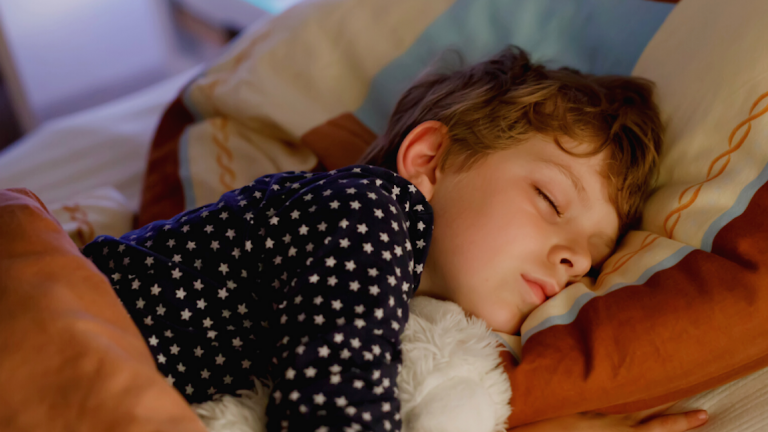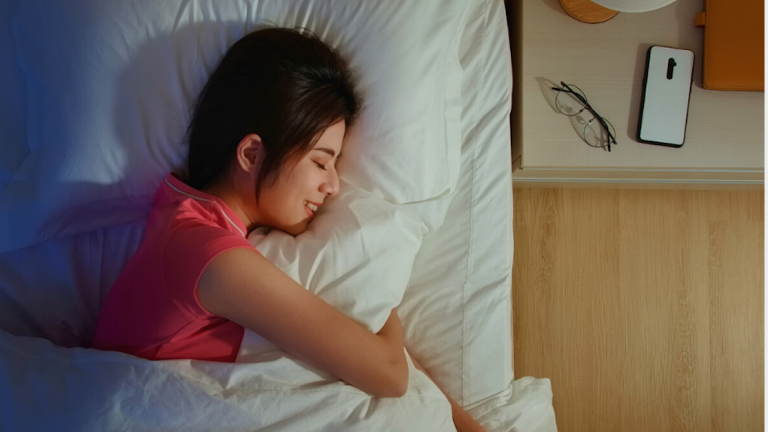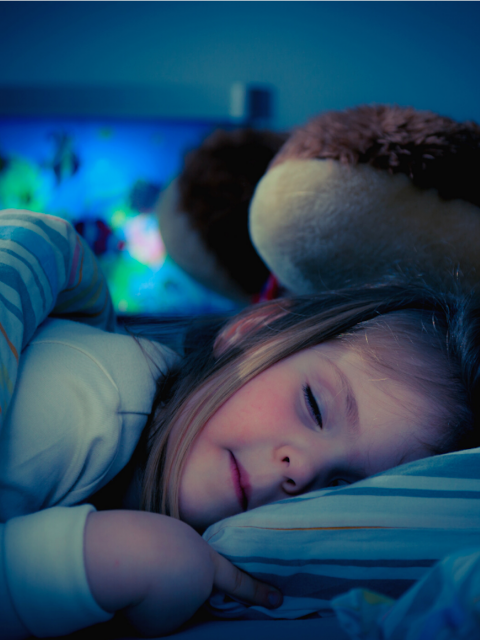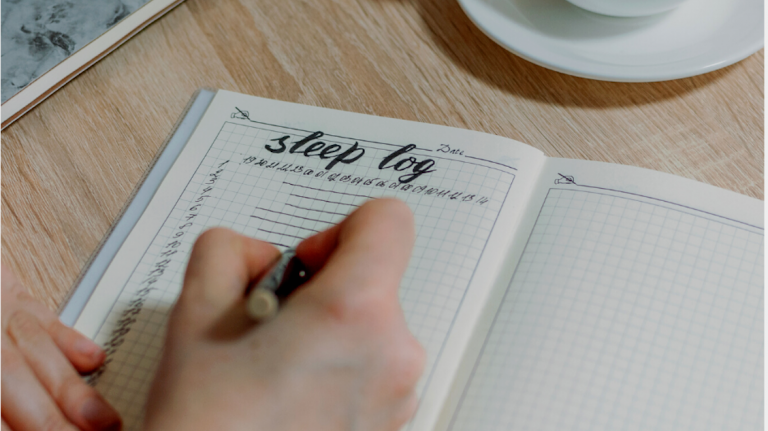Do You Have Good Sleep Hygiene? 5 Simple Tips For a Good Night’s Sleep!
- Written by: CHEERS Team

Everyone knows that sleep is important! Gone are the days of being praised for 12-hour workdays and pulling all-nighters. Self-care is necessary to be the best version of yourself, both personally and professionally, and sleep is an important part of self-care. For children and adults alike, a good night’s sleep contributes to healthy brain function and development, overall mental well-being, and physical development.1,2 Good sleep hygiene is the practice of forming habits that will promote healthy sleep. For children, maintaining good sleep hygiene can prevent bad sleep habits from developing and allow for higher-quality sleep.1 And although the routine may look a little different, the same is true for adults. By incorporating the following five simple tips into your sleeping routine you can improve your sleep hygiene (for both you AND your little ones)!

1. Beds are for sleeping
Establish the bed as a sleep-only zone! For little ones, this means no playing or watching tv, and for adults, this means no screens! Put work away, reply to that text in the morning, and allow your brain to associate the bed with rest only.
2. Bedtimes are for everyone
We all know the importance of sending kids to bed at the same time, but grown-ups need bedtimes too! Hold yourself accountable for going to sleep each night around the same time, that way you can get at least seven hours of sleep and regulate your body’s internal clock.
3. Keep rooms dark
Keeping rooms dark, cool, and quiet will create an environment that is ideal for sleep. Light is an indicator for our brains to wake up. By keeping rooms dark we promote the production of melatonin, our body’s very own sleep hormone!3
4. Don’t watch the clock
We have all been there, “if I fall asleep NOW I will get 6 hours of sleep!” Putting this kind of pressure on yourself will only cause stress and achieve the opposite of sleep. Take deep calm breaths to slow your heart rate and keep devices out of sight to resist the temptation to check the time.

5. Keep a sleep diary
If you or your child are struggling with falling or staying asleep, keep track of patterns with a sleep diary. You can note things such as: How long are you or your child sleeping? How well-rested do you feel when you wake up? How many times are you waking up throughout the night? If you or your child are struggling, a sleep diary can be useful when visiting your healthcare practitioner for strategies on how to improve your sleep.
With all of this in mind, it is important to remember that a healthy sleep looks different for everyone. For more information on sleep, recommended sleep guidelines, and how to improve your overall sleep hygiene, check out the following resources:
References
- Suni, E. (2020). What is Sleep Hygiene? Retrieved August 31, 2020, from https://www.sleepfoundation.org/articles/sleep-hygiene
- National Heart, Lung, and Blood Institute (n.d.). Sleep Deprivation and Deficiency. Retrieved August 31, 2020, from https://www.nhlbi.nih.gov/health-topics/sleep-deprivation-and-deficiency
- Suni, E. (2020, August 07). Melatonin and Sleep. Retrieved August 31, 2020, from https://www.sleepfoundation.org/articles/melatonin-and-sleep